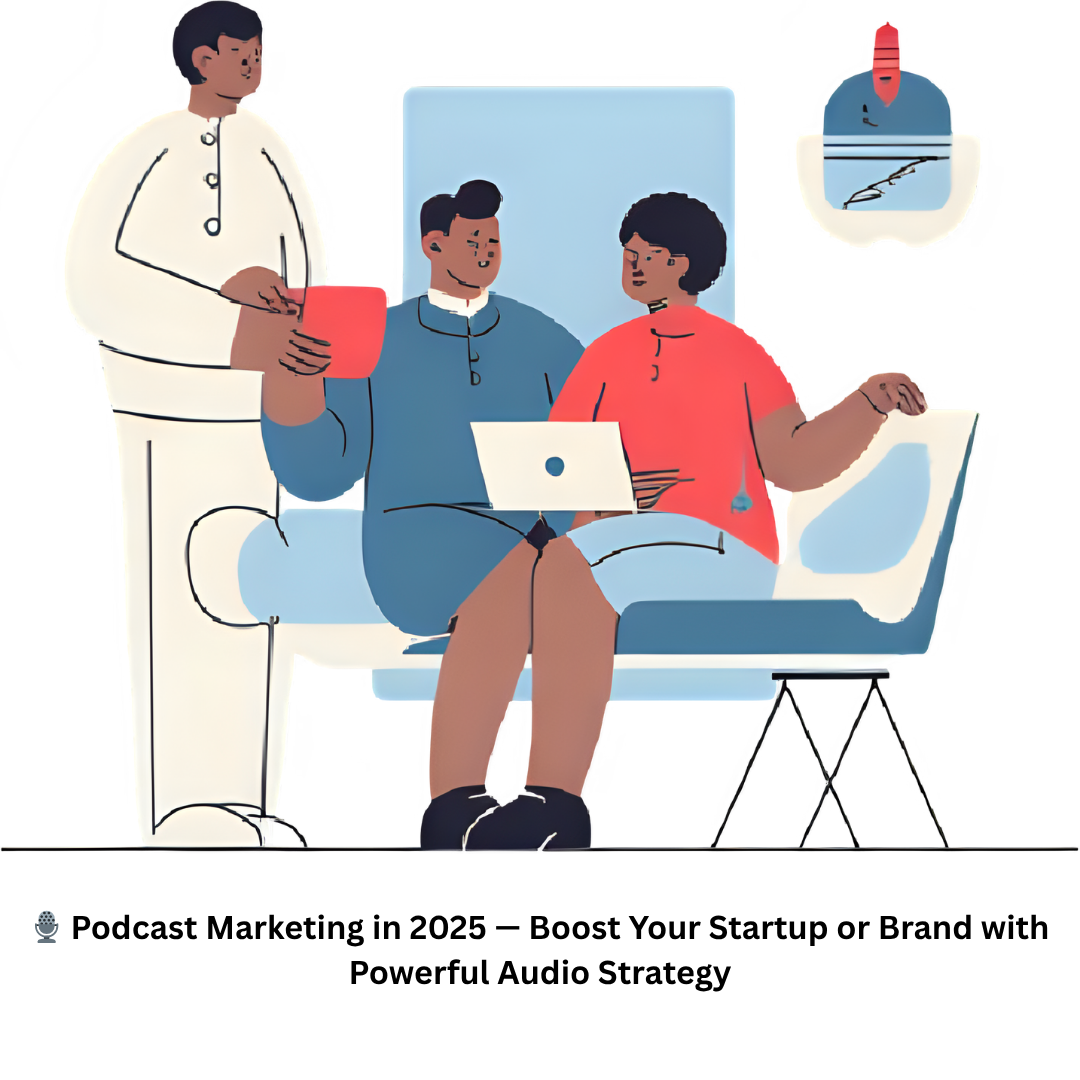The Impact of Digital Marketing on Digital Media
Digital marketing has profoundly reshaped the digital media landscape, influencing the creation, distribution, and consumption of content. This technological evolution has given rise to new media platforms, altered consumer behavior, and transformed traditional advertising methods. This essay explores the multifaceted impact of digital marketing on digital media, examining its influence on media consumption patterns, content creation, advertising strategies, and the broader implications for businesses and consumers.
Changing Media Consumption Patterns
The rise of digital marketing has fundamentally altered how audiences consume media. Traditional forms of media, such as television, radio, and print, have seen a significant shift towards digital platforms. This change is driven by the increasing accessibility of the internet and the proliferation of smartphones and other digital devices. Consumers now have the ability to access a vast array of content anytime and anywhere, leading to the growth of on-demand and streaming services.
Social media platforms like Facebook, Instagram, Twitter, and TikTok have become primary channels for content consumption. These platforms use sophisticated algorithms to deliver personalized content to users, enhancing engagement and interaction. Digital marketing plays a crucial role in this ecosystem by enabling brands to target specific audiences with tailored messages, thereby increasing the relevance and effectiveness of their campaigns.
Influencing Content Creation
Digital marketing has also significantly influenced content creation. The demand for engaging, high-quality content has led to the rise of content marketing as a key strategy for businesses. This approach not only helps build brand awareness but also fosters customer loyalty and drives conversions.
The influence of digital marketing is evident in the diversity of content formats now prevalent in digital media. From blog posts, articles, and infographics to videos, podcasts, and live streams, marketers are continually exploring new ways to capture and maintain audience attention. User-generated content (UGC) has also gained prominence, with brands encouraging their customers to create and share content related to their products or services. This not only provides authentic and relatable content but also strengthens the sense of community and engagement around the brand.
Transforming Advertising Strategies
Digital marketing has revolutionized advertising strategies, making them more targeted, measurable, and cost-effective. Unlike traditional advertising, which often involves a scattergun approach, digital marketing allows for precise targeting based on a range of demographic, psychographic, and behavioral factors. Platforms like Google Ads, Facebook Ads, and LinkedIn Ads offer sophisticated targeting options, enabling businesses to reach the right audience with the right message at the right time.
Marketers can track and analyze the performance of their campaigns in real-time, gaining insights into key metrics such as impressions, clicks, conversions, and return on investment (ROI). This data-driven approach allows for continuous optimization, ensuring that marketing efforts are as effective and efficient as possible.
The cost-effectiveness of digital marketing is another major benefit. Compared to traditional advertising channels, digital marketing often requires lower upfront investment and offers better scalability. Small and medium-sized enterprises (SMEs), in particular, can leverage digital marketing to compete with larger corporations, reaching a global audience without the need for substantial financial resources.
The Rise of Influencer Marketing
Influencer marketing has emerged as a powerful component of digital marketing, further impacting digital media. Influencers, who are individuals with a significant following on social media platforms, have become valuable partners for brands looking to reach specific audiences. These influencers can drive engagement and conversions by leveraging their credibility and relationship with their followers.
Influencer marketing is particularly effective because it combines the reach of traditional advertising with the authenticity of word-of-mouth recommendations. By collaborating with influencers, brands can tap into niche communities and create more personalized and relatable marketing messages. This approach has proven successful across various industries, including fashion, beauty, fitness, and technology.
Enhancing Customer Engagement and Interaction
Digital marketing has transformed customer engagement and interaction, making it more immediate and interactive. Social media platforms and other digital channels provide businesses with direct lines of communication with their customers, allowing for real-time feedback and interaction. This has led to the rise of social customer service, where brands address customer queries and concerns through social media, enhancing customer satisfaction and loyalty.
Interactive content, such as quizzes, polls, and live videos, has also become a popular way to engage audiences. These formats encourage active participation and can help build a sense of community around the brand. Additionally, digital marketing tools like email marketing and chatbots enable personalized communication, ensuring that customers receive relevant information and offers based on their preferences and behavior.
Implications for Businesses and Consumers
The impact of digital marketing on digital media has profound implications for both businesses and consumers. For businesses, digital marketing offers new opportunities for growth and innovation. Companies can leverage digital channels to reach a wider audience, build stronger customer relationships, and achieve better marketing outcomes. The ability to measure and analyze campaign performance in real-time allows for more informed decision-making and continuous improvement.
For consumers, digital marketing has led to more personalized and convenient experiences. The content they encounter is often tailored to their interests and preferences, making it more relevant and engaging. Consumers are becoming increasingly aware of how their data is being used and are demanding greater transparency and control over their personal information.
Challenges and Considerations
Despite its many advantages, digital marketing also presents several challenges. This requires businesses to stay agile and continuously adapt their strategies to keep pace with changes.
Conclusion
Digital marketing has had a transformative impact on digital media, reshaping how content is created, distributed, and consumed. It has changed media consumption patterns, influenced content creation, and revolutionized advertising strategies. The rise of influencer marketing and the enhancement of customer engagement and interaction are further testaments to its influence.
While digital marketing offers numerous benefits for businesses and consumers, it also presents challenges that need to be addressed. As the digital landscape continues to evolve, staying agile, ethical, and customer-focused will be crucial for businesses looking to succeed in this dynamic environment. Ultimately, the impact of digital marketing on digital media is profound and far-reaching, with the potential to continue driving innovation and transformation in the years to come.













